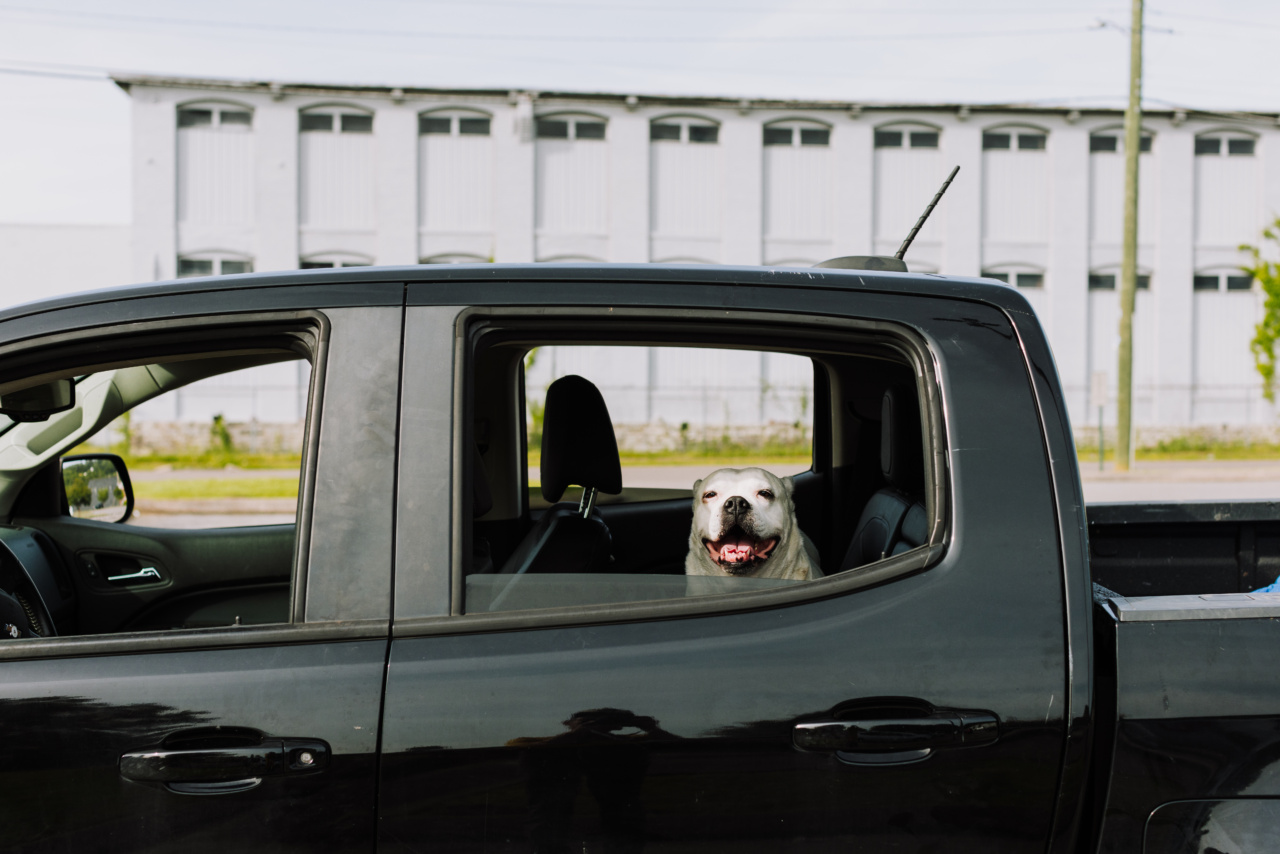Animals hold a special place in our society, and the welfare of our furry friends is an important aspect of our daily lives. Over the years, numerous laws have been enacted to protect animals from cruelty and ensure their well-being.
These laws cover a wide range of issues, from animal abuse and neglect to the proper care and treatment of animals. However, one question often arises when it comes to animal welfare laws: is not picking up after your dog a crime?.
What Are Animal Welfare Laws?
Animal welfare laws are legal measures put in place to ensure the humane treatment of animals, prevent cruelty, and promote their well-being.
These laws vary between jurisdictions, but they generally aim to protect animals from unnecessary suffering and mistreatment. Animal welfare laws cover various aspects of animal care, including housing, feeding, health care, transportation, and exercise. They also address issues like neglect, abandonment, and animal fighting.
The Importance of Cleaning Up After Your Dog
When it comes to walking our furry companions, one issue that often gets debated is the responsibility of picking up after our dogs. Many cities and communities have implemented laws that require dog owners to clean up after their pets.
The reason behind these laws is not only to maintain cleanliness in public spaces but also to prevent the spread of diseases.
Dog feces can carry harmful bacteria and parasites that pose a risk to human health. These pathogens can contaminate the soil and water, putting other animals and even children at risk of infection.
When dog owners neglect to pick up after their pets, they are not only violating community rules but also potentially endangering the well-being of others. Therefore, many jurisdictions consider not picking up after your dog a violation of animal welfare laws.
Consequences of Not Picking Up After Your Dog
The consequences for not cleaning up after your dog can vary depending on local regulations and enforcement. In some areas, not picking up after your dog can result in fines ranging from a few dollars to several hundred dollars.
Repeat offenders may face increasing penalties or even community service. However, the consequences might not stop at a monetary or service-based punishment.
In some instances, not cleaning up after your dog can be considered a criminal offense. When dog waste is left unattended, it can lead to public nuisance issues and health hazards.
Therefore, law enforcement officers may choose to charge dog owners with misdemeanors or other criminal charges under relevant animal welfare laws. These charges can carry more severe penalties, including probation, community supervision, or even imprisonment.
Although the likelihood of facing criminal charges for not picking up after your dog may be relatively low, the potential consequences should not be overlooked.
Enforcement Challenges
Enforcing the requirement of picking up after dogs can be challenging for local authorities. It can be difficult to catch individuals who fail to clean up after their pets, especially in large or densely populated areas.
Additionally, some dog owners may ignore the rules without fear of consequences, resulting in an even greater prevalence of dog waste in public spaces.
Nevertheless, many communities have taken steps to address these challenges. They have implemented various strategies to encourage responsible pet ownership and to ensure compliance with the law.
Some examples include public awareness campaigns, the provision of pet waste bags in parks and public areas, and increased patrols by animal control officers or park rangers.
Alternatives to Traditional Waste Removal
While the expectation is for dog owners to pick up after their pets and dispose of the waste in designated receptacles, there are alternative options available.
Dog owners can explore environmentally friendly methods of disposing dog waste, such as composting or using biodegradable bags for collection. It is important to research local regulations to ensure compliance with applicable laws and guidelines.
Conclusion
Animal welfare laws are in place to protect and safeguard the well-being of all animals, including our beloved four-legged companions.
While the question of whether not picking up after your dog is a crime may vary depending on jurisdiction, it is clear that neglecting this responsibility can have negative consequences. From potential fines to criminal charges, the failure to clean up after our dogs can result in serious penalties. Furthermore, it poses health risks to other animals and humans.
Responsible pet ownership extends beyond providing love and care for our furry friends in the comfort of our homes. It also involves being considerate of our surrounding communities and environment.
By adhering to the principles of animal welfare laws, including picking up after our dogs, we can promote a cleaner, safer, and more harmonious society for both humans and animals alike.































